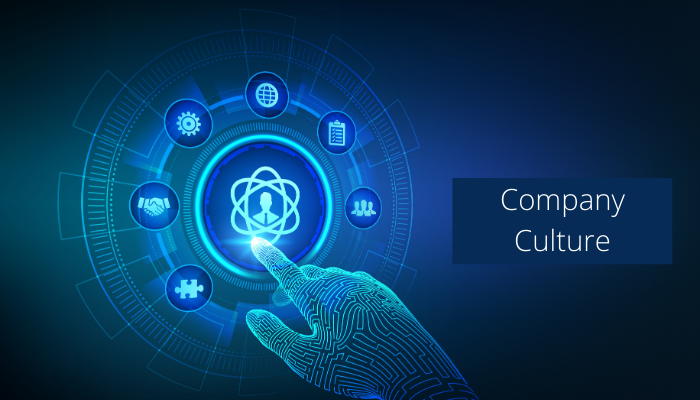Company culture also known as organizational culture is defined as the underlying beliefs, assumptions, and ways of interacting that makes each organization unique. Company culture is based on shared attitudes, beliefs and customs, written and unwritten rules that have developed over time.
Daniel Coyle in his book “The Culture Code: The Secrets of Highly Successful Groups” shows how organizational culture built on strong relationships can lead to great success. He takes the example of Google, Pixar, Disney and the U.S Navy’s SEAL Team Six as highly effective organizations. He identifies three main group skills that help create successful teams.
You might also be interested to read: Building A Strong Company Culture With These 4 Categories Of Work
- Build safety: The first group skill that Daniel Coyle talks about in his book is to build safety. He asks the question as to what makes employees stay at a company? Is it the money? Or job satisfaction? According to an experiment conducted at WIPRO in Bangalore, India, it is when employees feel they are a part of the company. When employees have a sense of belonging, they are more likely to stay long term in the company. In the experiment, two training groups were created. One group received conventional training where they talked about the company’s success and history while the other group talked about their own personal experiences. After seven months, the retention rate in the second group increased by 270%. He has also mentioned various tips or activities to build safety like eliminating the bad apples, saying lots of Thank You, making sure everyone has a voice, picking up the trash (even leaders helping in menial tasks), etc.
- Share vulnerability: The second group skill is sharing vulnerability. In sharing vulnerability teams can show their willingness to accept the help and support of others in a way that makes the entire team stronger. Daniel Coyle takes the example of U.S Navy SEALs. Dave cooper who is the former Command Master Chief of SEALs had a reputation for creating SEAL teams that have immaculate coordination. Dave Cooper had developed tools to improve team coordination and cohesion. One of the most important is AAR (After Action Review) that happens after every mission. In this tool, a safe space is created where ranks are switched off and everyone gives their candid opinion. The whole mission is discussed in great detail and every single decision is questioned and dissected. Various techniques mentioned by Daniel Coyle to share vulnerability include: the leader is vulnerable first and often delivers negative feedback in person, focuses on two critical moments, etc.
- Establish purpose: The final group skill in creating a successful team is purpose. When a team shares a sense of purpose, they share a set of beliefs and values that shape their identity. These values and beliefs are critical in shaping the overall company culture. For example The Credo (mission statement) of Johnson and Johnson consists of 311 words. It is plastered over the walls, engraved on a block of granite outside the headquarters. This credo was put to test in 1982 when six people died after consuming extra strength Tylenol. The company had to pull their product off the shelves nationwide which would cost a 100 million dollars. But their values were to put consumers first, which eventually allowed them to bounce back and gain the consumer’s trust once again.
References:
- Crack your culture code | Daniel Coyle | 11 December 2019
- The Culture Code: how to cultivate the three group skills needed for organisational success | Madanmohan Rao | 11 October 2018
You might also be interested to read:
Related Topics:





